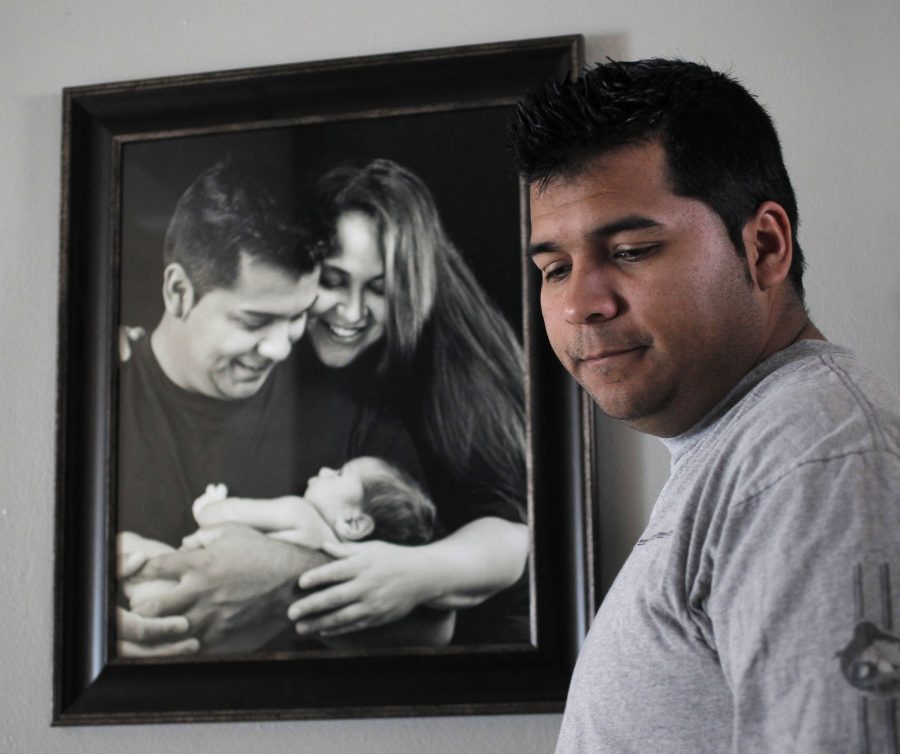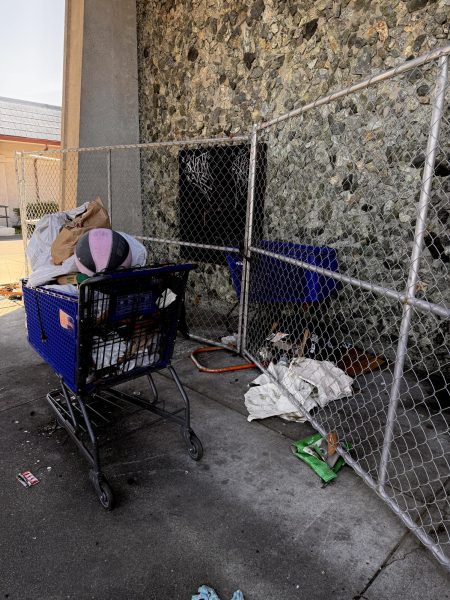SF supervisors seek to make employers pay for family bonding time
Photo Courtesy of Ron T. Ennis/Fort Worth Star-Telegram/MCT
San Francisco on Tuesday is nearly certain to become the first municipality in the nation to mandate that employers offer fully paid bonding time to employees with babies. But the expected easy passage by the Board of Supervisors belies heated opposition from some small-business owners.
Currently, California pays 55 percent of a new parent’s salary for six weeks of bonding time, and Supervisor Scott Wiener’s legislation, introduced in January, would require businesses in the city that employ at least 20 people to pay the remaining 45 percent. Wiener’s legislation would apply to bonding time for all new parents, including fathers, those who’ve adopted, lesbian partners and those who have babies through surrogacy.
California grants an extra six to eight weeks of disability pay, also at the 55 percent rate, to women who’ve given birth and who have contributed to the state disability program. Wiener’s legislation does not affect the pay for that portion of a new mother’s leave.
The proposal has received national attention and praise from such groups as the Legal Aid Society’s Employment Law Center and Planned Parenthood’s Northern California Chapter. The United States is the world’s only industrialized country that doesn’t guarantee paid maternity leave, and supporters of Wiener’s legislation say it would allow new parents to spend time with their children without worrying about the financial hardship.
Small businesses concerned
But to some small business owners, it’s one more City Hall mandate on employers who already struggle to make it in this notoriously expensive city. Mark Dwight is the founder and CEO of Rickshaw Bagworks, whose factory in Dogpatch makes messenger bags and other luggage. Dwight is also the president of the city’s Small Business Commission and said Wiener, who is running for state Senate, should work on expanding parental leave at the state level if he’s elected.
“This is one more thing that puts San Francisco businesses at a disadvantage to their regional counterparts,” he said. “If we want all our small businesses to move out of our city, then we’re doing the right thing.”
The Small Business Commission voted 6-1 last week to oppose Wiener’s legislation, though its vote doesn’t do anything other than officially register its opposition. Kathleen Dooley, another commissioner and a florist in North Beach, called it “pretty outrageous” that under Wiener’s proposal an employee qualifies for paid leave for working just eight hours a week a
nd does not have to refund the money as long as he or she stays with the company 90 days after returning from leave.
“It puts us at such a disadvantage,” she said of San Francisco businesses compared with other firms throughout California. “We have all this stuff that no one else has to do, and that’s just unfair.”
Other San Francisco employer mandates include health care coverage, paid sick leave and a higher minimum wage — though California is on track to catch up with that. The commission wanted Wiener to amend his legislation to apply only to employees who work at least 20 hours a week and to businesses with at least 50 employees, but he declined.
He pointed out that he did defer the start date from January 2017 to July 2017 for those businesses with 20 to 49 employees.
Wiener also pointed out that San Francisco employers probably will pay less than 45 percent. A bill by Assemblyman Jimmy Gomez, D-Los Angeles, would boost the portion the state pays to up to 70 percent of a parent’s salary depending on how much she makes. It passed the Legislature and is awaiting action from Gov. Jerry Brown.
Benefits, costs
An economic analysis by the San Francisco Controller’s Office found that about 4,600 San Francisco residents file baby bonding claims with the state each year and receive an average of $743.39 in weekly benefits for an average of 5 ½ weeks.
The report found that employees would gain an average of $608 per week from their employers under Wiener’s proposal.
The report estimated it would cost San Francisco employers $15.8 million to $32.3 million a year, depending on whether passage encourages more people, particularly new fathers, to file state bonding claims.
The report said it could cost the city between 250 and 480 jobs but said that was small in a city that creates 17,000 jobs a year. It also found that new parents would have more money to spend, boosting the city’s economy, and that it would have positive benefits for the parents and babies.
Example for other cities
Wiener said he thinks the cost to employers would be fairly low compared with all the positive benefits, particularly for low-income parents who often return to work very soon after birth because they cannot afford to live on 55 percent of their pay.
“Bonding time makes parents and kids healthier,” he said. “It’s hard to quantify that.”
Wiener said he is hopeful that San Francisco requiring full pay for bonding time would encourage the state and other municipalities around the country to improve their benefits.
“Sometimes when we do things, it creates momentum,” he said. “It draws attention because we’re the best city in the world.”







